

Bougainvilleans have voted for their representatives in Parliament.
Photo/Bougainville Govt
Bougainville elections: Early results signal change amid voters' independence hopes
This year's polls reflect public sentiment ahead of a potential referendum on self-rule after a 2020 vote where 98.3 per cent supported separation from Papua New Guinea.

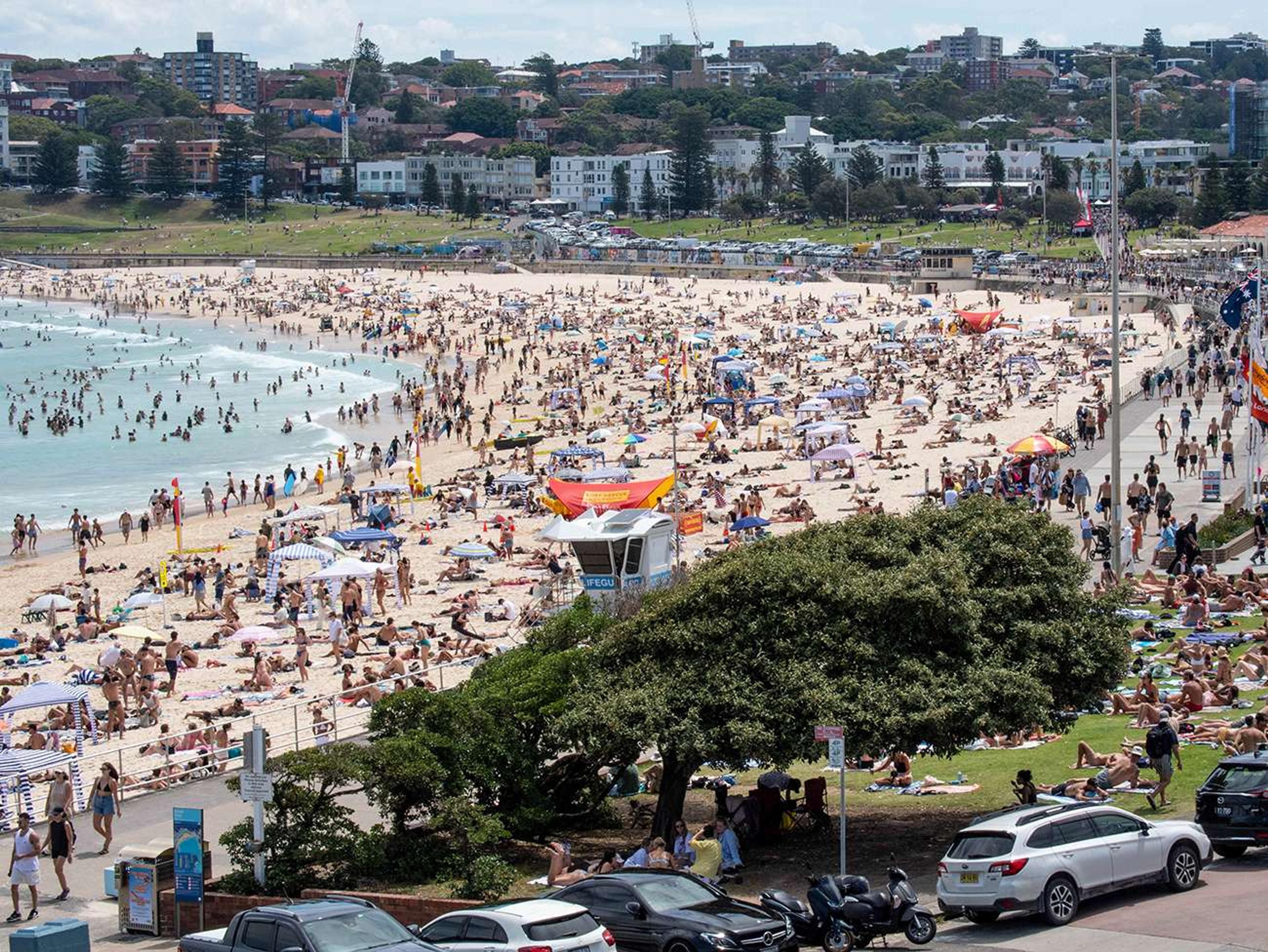
Pacific leaders call for unity after Bondi attack

Black Caps legend joins global fight against gender violence

US warns Fiji over human trafficking concerns linked to Grace Road Group

Sāmoan stars in Aotearoa NZ: Donell Lewis and Kennyon Brown tour with DJ Noiz

Pacific leaders call for unity after Bondi attack

Black Caps legend joins global fight against gender violence

US warns Fiji over human trafficking concerns linked to Grace Road Group
Vote counting is taking place for the general elections in the Autonomous Region of Bougainville (ARG) in Papua New Guinea.
But there have been some delays caused by flooding and the late arrival of ballot boxes.
So far, early results indicate that Lucas Bierepi has been elected as the first representative for the newly established Kereaka Constituency in North Bougainville, receiving 976 votes.
Attorney-General Ezekiel Massat has been re-elected as the representative for the Tonsu Constituency with 1599 votes, and Fabian Epota Saleu has retained his seat for the Torokina Constituency with 1271 votes.
Voting was scheduled for 4 September but was postponed to the following day. Counting started last Friday and is expected to finish on 21 September.
According to the Bougainville electoral commissioner, the voting process went smoothly, and official results must be finalised by 22 September.
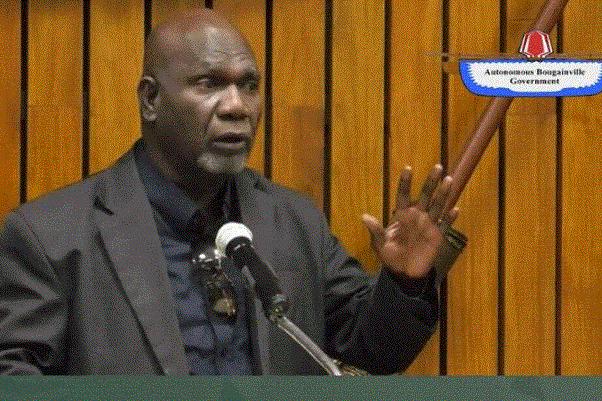
Attorney-General Ezekiel Massat has retained his seat in parliament. Photo/ABG
Voters participated in the election to choose a President, three representatives for women, three representatives for former fighters, and 38 members from single constituencies who will work together in the Bougainville House of Representatives.
A key issue in this election is similar to one from five years ago. In 2020, many hoped that Bougainville would soon become independent after a referendum showed overwhelming support for independence.
But this has not yet happened, and the national government in Port Moresby has not made major concessions.
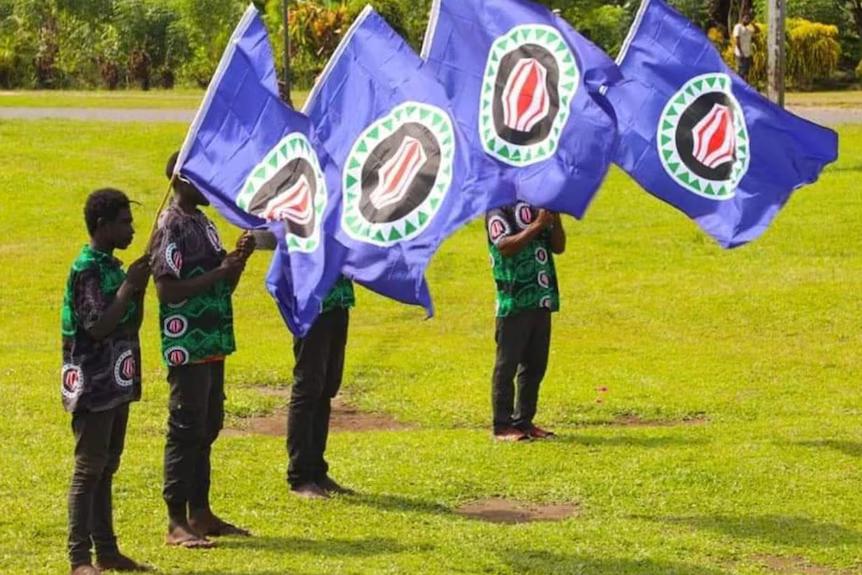
Bougainville has been at peace since a ceasefire agreement was signed in 1998. Photo/Facebook/ABG
Why are these elections important?
The 2025 general elections come six years after a non-binding referendum for independence from Papua New Guinea, where 98.3 per cent of voters supported independence from PNG.
Ongoing discussions between the two governments are crucial, and these elections are seen as an important gauge of public sentiment as President Ishmael Toroama’s deadline of 2027 for the referendum’s approval by the PNG Parliament approaches.
What is the government and electoral system? What is the legal framework for conducting the elections?
Bougainville operates as a representative democracy, with the 45-member Bougainville House of Representatives (BHoR), made up of 38 constituencies.
The BHoR includes a president, and it reserves seats specifically for women and former combatants from the Bougainville civil war.
What is the election management body? What are its powers?
The Bougainville Electoral Commissioner is responsible for overseeing elections according to the laws in place, ensuring fairness and independence in the process.
The Office of the Bougainville Electoral Commissioner (OBEC) manages the election logistics, while the budget is provided by the Autonomous Bougainville Government (ABG).
Who is eligible to run as a candidate?
To run for office, candidates must meet specific requirements outlined in the Constitution of Bougainville. For example, presidential candidates must be at least 40 years old, be eligible voters, and must not have previously served two terms in office.
Candidates for regular seats need to be at least 25 years old, belong to a local clan, and have lived in the area they wish to represent for at least five years.
Women must run for the reserved seats for women, and those contesting the seats for former combatants must have been active fighters - either in the Bougainville Resistance Force, the Bougainville Revolutionary Army, or the Me’ekamui Defence Force - during the past conflict, the Bougainville Crisis.
Candidates for these seats also need to provide support in the form of signatures from their fellow fighters or combatant groups.
Recently, a Registrar of Political Parties (RPP) was appointed, allowing political parties to submit their documents to confirm their validity.
Four parties are competing in this election - Bougainville People’s Alliance Party, New Bougainville Party, United Bougainville Front Party, and Bougainville People’s Congress Party - with a historical context of six parties contesting in the 2020 vote.
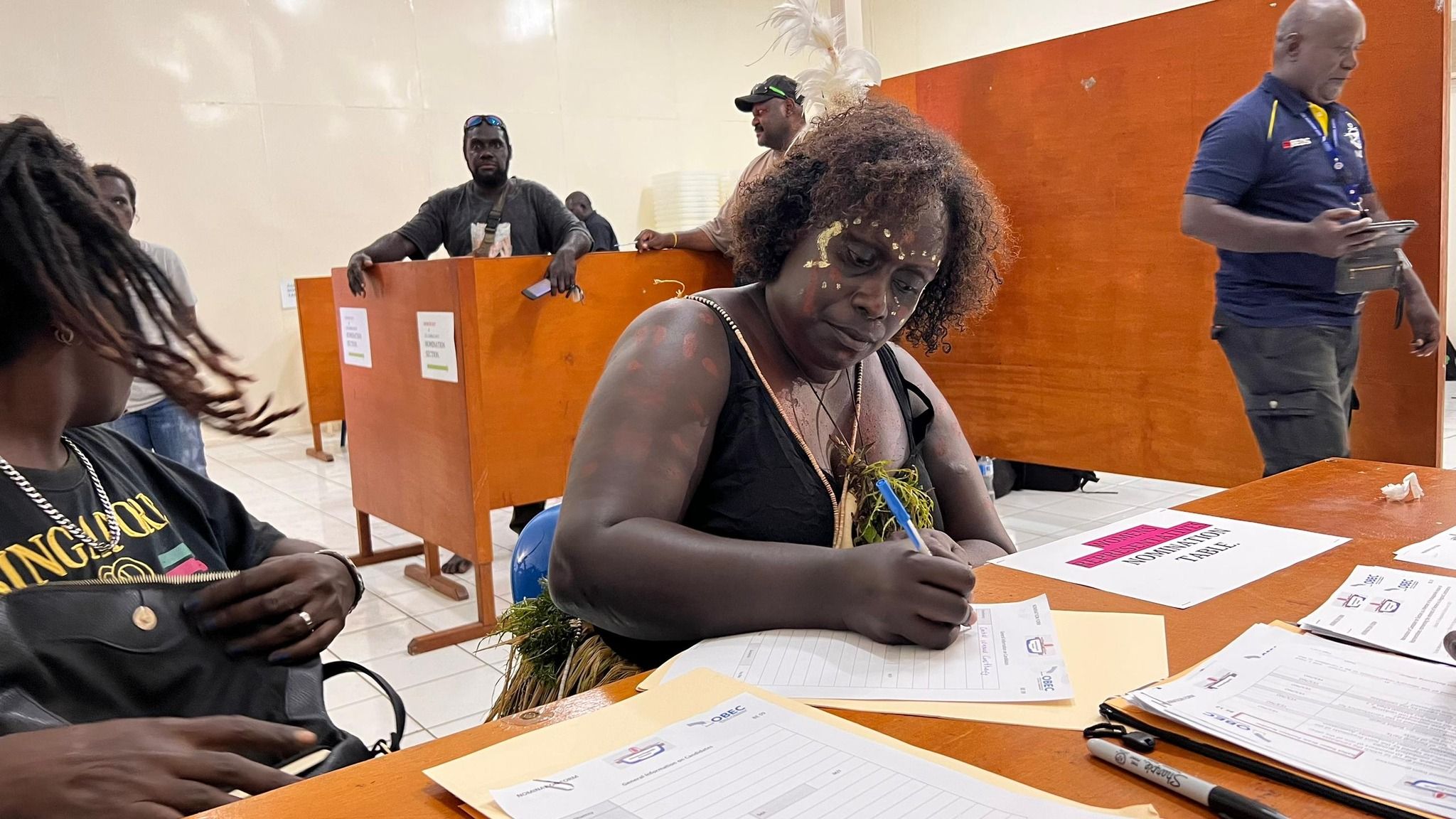
Photo/ABG
What is the process for nominating candidates and the campaign timeline?
Nominations were open for three days following the issuance of Writs on 7 July and were submitted to the returning officers.
Bougainvillean law does not limit the number of candidates a political party may endorse to compete in a particular constituency.
Nomination forms are available from returning officers and assistant returning officers. The nomination form must be fully completed and signed by both the candidate and a witness who personally knows the candidate.
Each candidate is required to complete a candidate information form at the time of nomination. Returning officers should also fill out the Nomination Checklist to ensure that all necessary steps have been taken.
Once the returning officer confirms that all required information has been submitted, including a nomination deposit, the nomination is accepted and recorded on Form BE 13, Declaration of Nominations.
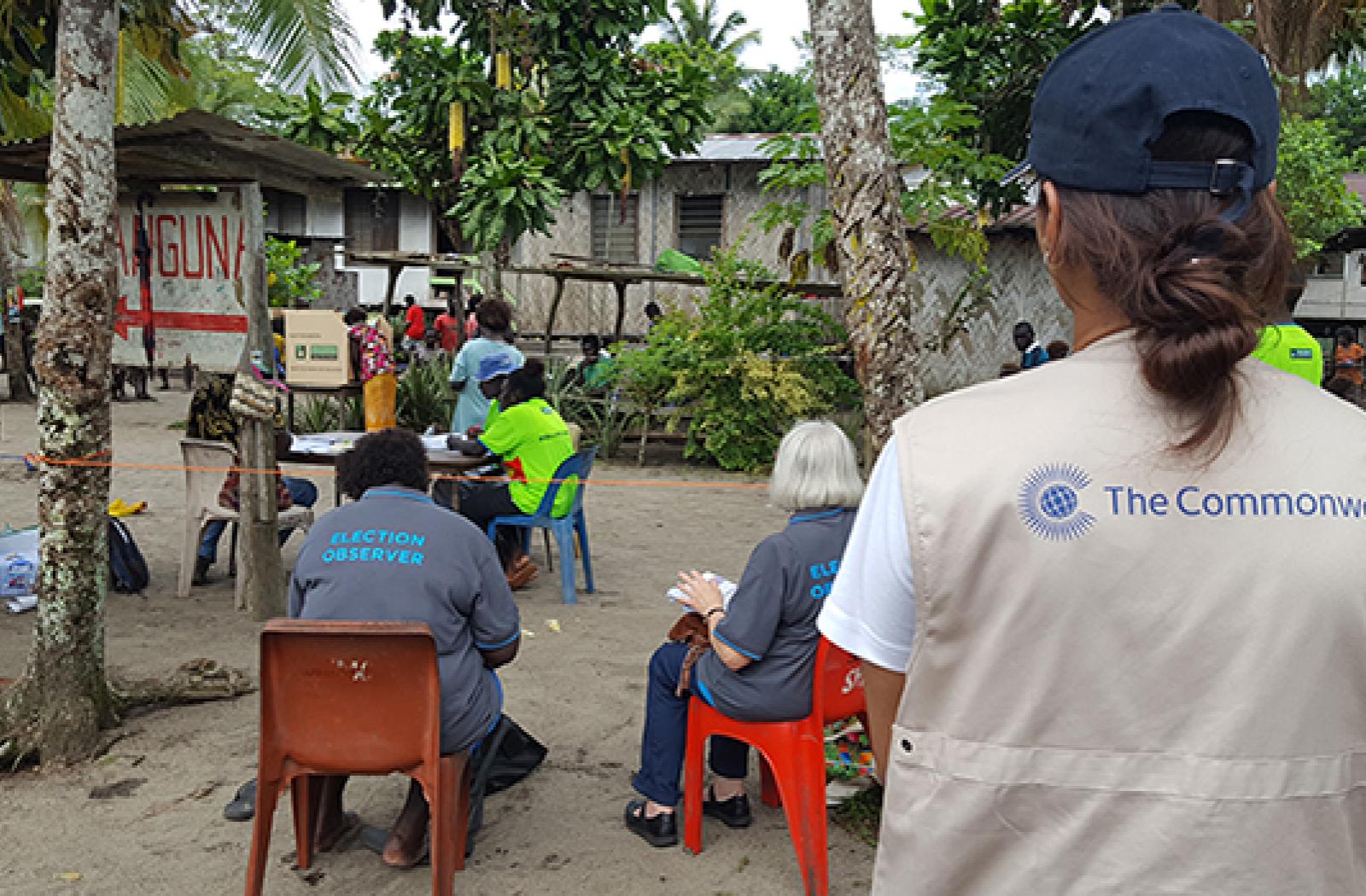
International observers monitor voting in Bougainville. Photo/commonwealth.org
What are limits on campaign expenditures and donations?
Under Bougainvillean law, there are no limits on campaign expenditures or donations.
Political parties must disclose their sources of funding, but individual candidates are not required to do so.
What is the level of women’s representation?
In addition to the three seats in the Bougainville House of Representatives reserved for women - one from each of Bougainville’s three regions - two women have been elected to represent the open constituencies of Mahari and Ioro.
In this election, while the total number of candidates standing for election has decreased from 446 to 408, and those standing for open constituencies have declined from 351 to 338, the number of women contesting open constituencies has increased from 14 to 21.
Several factors have contributed to this increase - since 2021, 45 out of Bougainville’s 47 community governments have been chaired by women.
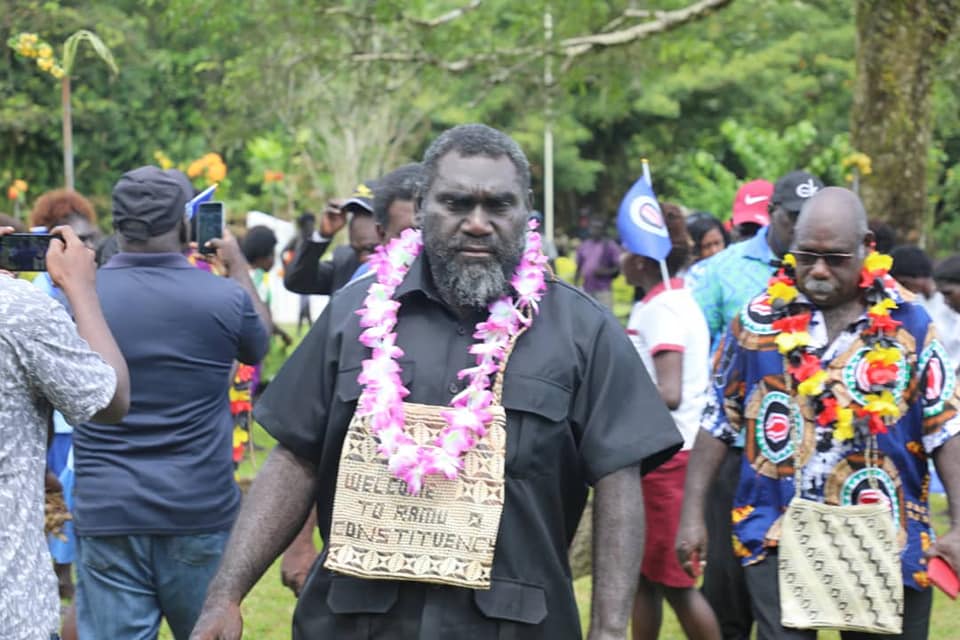
Bougainville President Ishmael Toroama. Photo/ABG
Who can vote in these elections?
To be eligible to vote, a person must meet the following criteria:
Be at least 18 years of age;
Be a Bougainvillean, as defined in the Constitution, meaning someone who is a member of a Bougainvillean clan by birth or adoption, married to a member of a Bougainvillean clan, or a child of a member of a Bougainvillean clan;
Be a citizen of Papua New Guinea;
Not have their voting rights removed by a court; and,
Be a resident of the ward for at least six months prior to polling day.
Eligible voters must enrol on the Certified List of Voters. On Election Day, poll clerks will check voters’ names on the roll and may turn away individuals who are not listed.
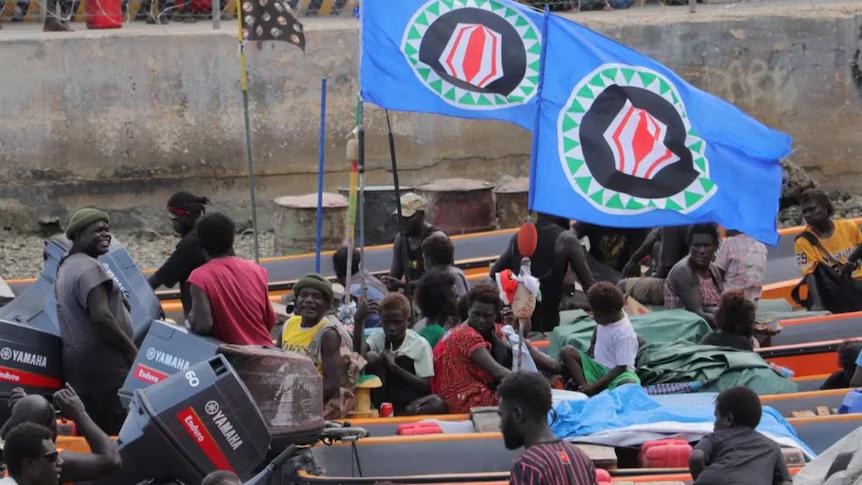
Bougainville marked the 24th Anniversary of the Bougainville Peace Agreement (BPA) on 30 August 2025. Photo/Autonomous Bougainville Government
How are voters registered and how many registered voters are there?
Ward recorders, responsible for maintaining local records, conducted door-to-door voter enrollment to ensure that all eligible individuals are registered and that updated voter rolls are available for public verification. These records are then added to the voter roll.
The Office of the Bougainville Electoral Commissioner appoints ward recorders to also serve as poll clerks, which strengthens accountability and fosters community trust in the electoral process.
The collaboration has allowed Bougainville to maintain the most accurate voter roll in Papua New Guinea.
There were 238,625 individuals registered on the 2025 Bougainville general elections voter roll, making it the largest and most inclusive roll to date.